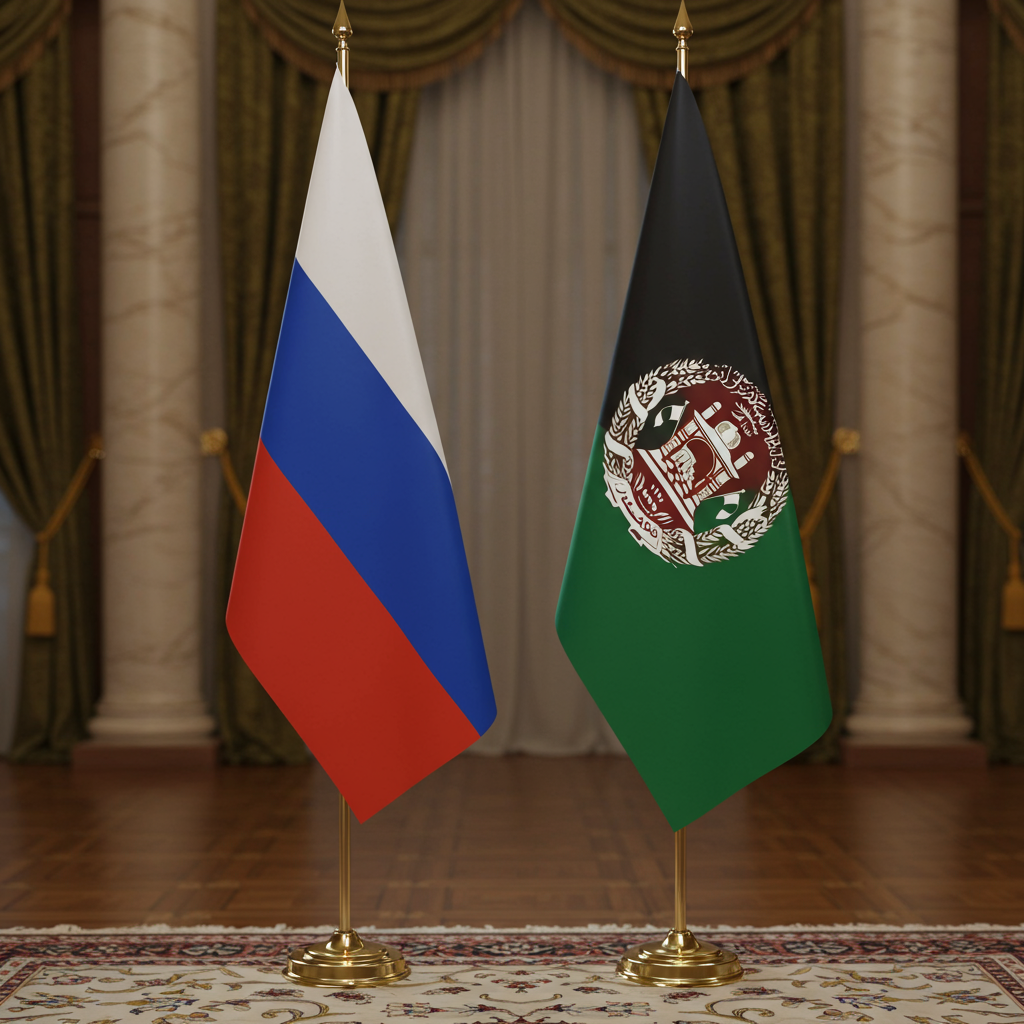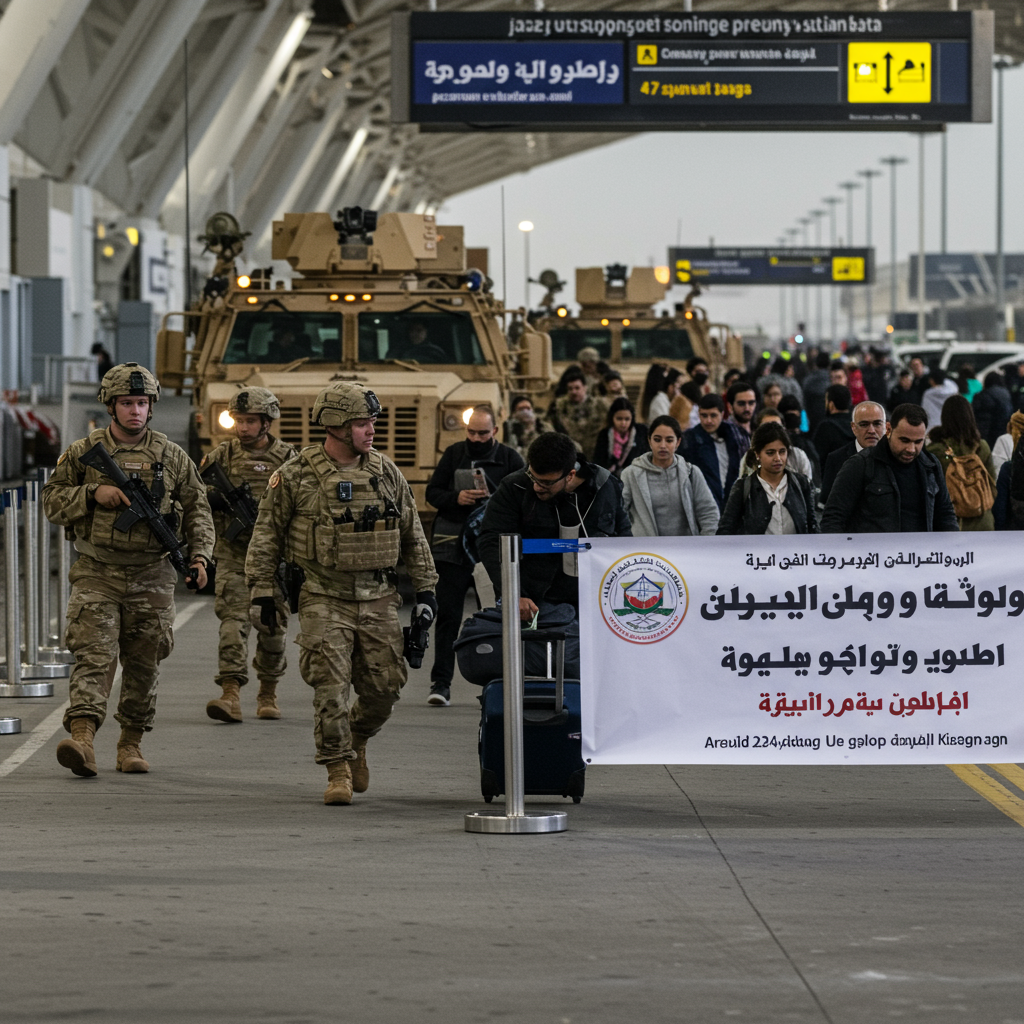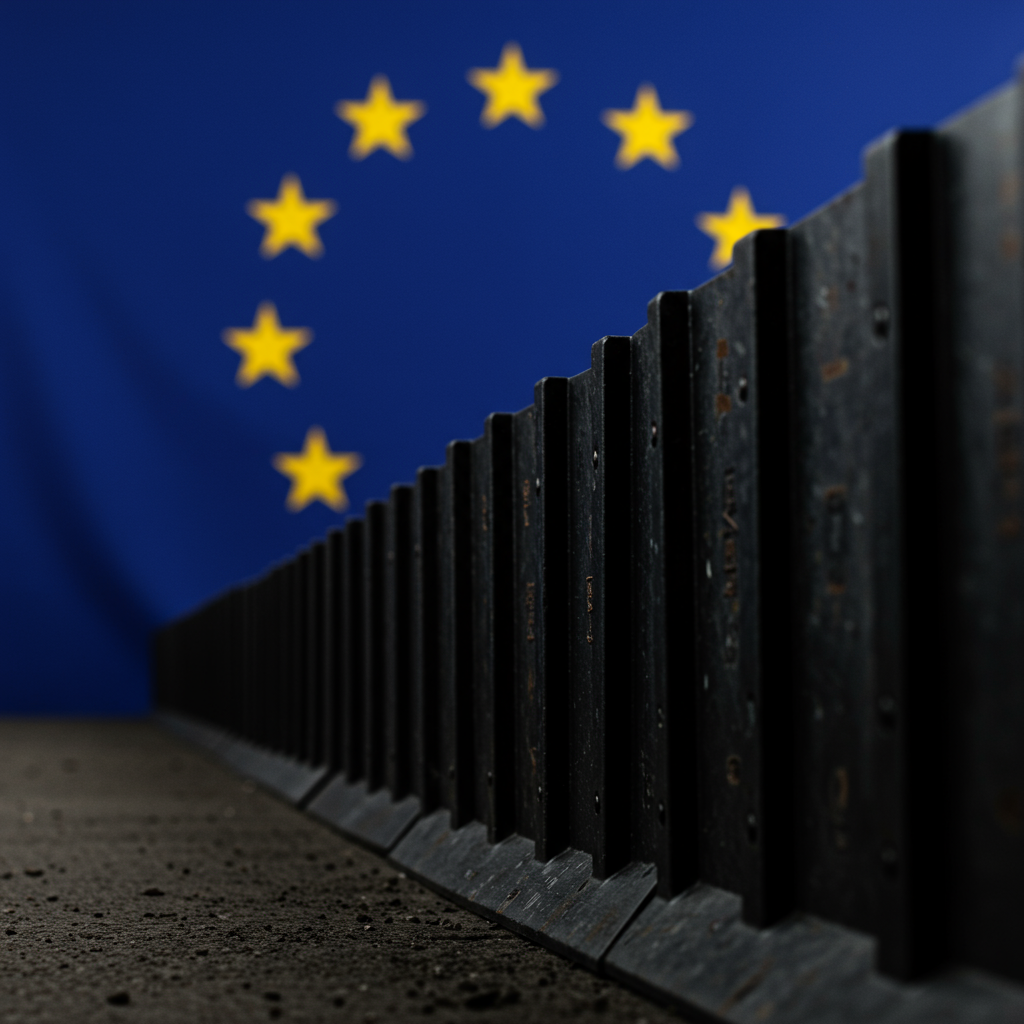In a significant diplomatic move, Russia has officially recognized the taliban as the ruling government of Afghanistan. This historic announcement, made on July 3, 2025, marks Russia as the very first country globally to grant formal state recognition to the Taliban administration since the group seized power in August 2021. The decision breaks nearly four years of international isolation for the regime in Kabul. It immediately signals a major shift in geopolitical dynamics and sets a potential precedent for other nations navigating engagement with the Taliban.
The recognition came after Russia accepted the credentials of the newly appointed Afghan Ambassador, Gul Hassan Hassan, in Moscow. This act formalizes diplomatic ties and paves the way for deeper engagement. Afghanistan’s Foreign Minister, Amir Khan Muttaqi, hailed Russia’s decision as “brave” and “courageous.” He expressed hope that this step would encourage other countries to follow suit. Muttaqi described the move as initiating “a new phase of positive relations, mutual respect, and constructive engagement” between the two nations.
Why Russia Made the Move
Moscow has outlined several strategic motivations behind its decision. The Russian Foreign Ministry emphasized the potential for “productive bilateral cooperation.” They specifically highlighted opportunities in “commercial and economic” sectors. Areas like energy, transportation, agriculture, and infrastructure were mentioned as ripe for collaboration.
Beyond economic ties, Russia stated its commitment to help Kabul combat shared threats. These include the fight against terrorism and drug trafficking. Russian officials have recently stressed the need to engage with the Taliban to stabilize Afghanistan. Russia’s Ambassador to Afghanistan, Dmitry Zhirnov, confirmed President Vladimir Putin made the final decision. It was based on a recommendation from Foreign Minister Sergey Lavrov. Lavrov has previously advocated for a “pragmatic, not ideologised policy” towards the group, calling them “sane people.”
International Condemnation and Afghan Opposition
The decision has been met with strong criticism from various quarters. Afghan opposition figures voiced immediate outrage. Former Afghan politician Fawzia Koofi described the recognition as unacceptable. She warned that normalising relations would legitimize “impunity” for the Taliban. Koofi stated such steps risk endangering not just Afghans but also global security.
The Afghan Women’s Political Participation Network also decried the move. They stated it legitimizes “a regime that is authoritarian, anti-women, and actively dismantling basic civil rights.” The network highlighted Russia’s historical involvement in Afghanistan. They viewed the current political interference as a continuation of “destructive strategies.” Dr. Rangin Dadfar Spanta, a former Afghan national security adviser, found Russia’s decision “regrettable.” He feared it was “just the beginning” and others might follow without strong resistance.
The Taliban’s Rule and Human Rights Record
Since regaining power in 2021, the Taliban have sought international recognition. At the same time, they have implemented a strict interpretation of Islamic law. This has led to severe restrictions, particularly impacting women and girls. Girls over the age of 12 have been banned from getting an education. Women are largely prevented from holding many jobs. Restrictions also limit how far a woman can travel without a male chaperone. Decrees have even been issued on them raising their voices in public.
The Taliban government claims it respects women’s rights. However, they define these rights according to their specific interpretation of Afghan culture and Islamic law. The United Nations has described the Taliban’s restrictions on women as amounting to “gender apartheid.” The UN has also reported human rights abuses. These include public floggings and brutal attacks on former government officials. The international community placed strict sanctions on Afghanistan in 2021. These sanctions notably included freezing approximately $9 billion in assets.
Russia’s Evolving Relationship with the Taliban
Russia’s decision represents the culmination of a notable shift in its stance towards the Taliban. While most countries closed their embassies in Kabul after the 2021 takeover, Russia was among the very few that kept its diplomatic presence. This facilitated ongoing communication and engagement.
The relationship deepened in the years following the Taliban’s return to power.
In 2022, Russia became the first country to sign an international economic deal with the group. This agreement involved supplying oil, gas, and wheat to Afghanistan.
Taliban representatives have visited Moscow for talks since 2018. They also attended Russia’s flagship economic forum in Saint Petersburg in 2022 and 2024.
Russia was reportedly the first country to open a business representative office in Kabul after 2021.
In July 2023, Russian President Vladimir Putin referred to the Taliban as an “ally.” He cited their shared interest in fighting terrorism.
Most significantly, Russia removed the Taliban from its official list of terrorist organizations in April 2024. This legal step cleared the way for official recognition.
Moscow views the Taliban as a potential partner. This includes countering groups like Islamic State Khorasan Province (ISKP/ISIS-K). This group has been active in both Afghanistan and Russia. Russia also has practical economic interests. It has announced intentions to use Afghanistan as a transit route for natural gas shipments.
A Complex History and Future Precedent
The decision to recognize the Taliban occurs despite a complex and often adversarial history between Russia and Afghanistan. The Soviet Union, which included Russia, invaded Afghanistan in 1979. This led to a nine-year conflict. The war resulted in significant Soviet casualties and international condemnation. The Soviet attempt to install a proxy government in Kabul ultimately ended with their withdrawal in February 1989. The Afghan Women’s Political Participation Network noted this historical context in their criticism of Russia’s recent move.
Until Russia’s announcement, no country had formally recognized the Taliban government. However, the group had engaged in high-level discussions with many nations. Some countries, including China, the United Arab Emirates, Uzbekistan, and Pakistan, had appointed ambassadors to Kabul. This indicated a level of de facto engagement without full recognition of the government itself. The United Nations continues to refer to the administration as the “Taliban de facto authorities.”
Russia’s formal recognition breaks this united international front. It sets a precedent that other countries competing for influence in the region may now consider following. The move also aligns with Russia’s broader foreign policy shifts since the 2022 invasion of Ukraine. Facing isolation from the West, the Kremlin has sought closer ties with various regimes. These partnerships aim to advance economic and military cooperation.
Frequently Asked Questions
Why is Russia the first country to formally recognize the Taliban government?
Russia’s decision on July 3, 2025, makes it the first nation to grant formal recognition to the Taliban administration since they took power in August 2021. This move culminates years of evolving engagement. Russia kept its embassy open in Kabul after the 2021 takeover, signed an economic deal in 2022, and removed the Taliban from its terrorist list in 2024. The formal recognition breaks the international isolation the Taliban government has faced and sets a significant diplomatic precedent.
What reasons did Russia give for recognizing the Taliban?
Moscow cited potential for “productive bilateral cooperation” as a primary driver. They highlighted economic opportunities in energy, transportation, agriculture, and infrastructure. Russia also stated its commitment to assisting Kabul in combating terrorism and drug trafficking. Russian officials framed the decision as a pragmatic step needed to stabilize Afghanistan and pursue national interests, including countering specific terrorist groups active in the region.
How have other countries and international bodies engaged with the Taliban?
Before Russia’s recognition, no other country had formally recognized the Taliban as Afghanistan’s government. However, some nations like China, the UAE, Uzbekistan, and Pakistan had appointed ambassadors to Kabul, signaling a level of de facto engagement without full recognition. The United Nations refers to the group as the “Taliban de facto authorities” and maintains sanctions. The US has also imposed sanctions and frozen Afghan central bank assets, isolating the banking sector.
*
Russia’s recognition of the Taliban government marks a pivotal moment for Afghanistan and regional diplomacy. It provides the Taliban with a significant diplomatic victory after years of seeking international legitimacy. While potentially opening doors for economic cooperation and counter-terrorism efforts with Moscow, the move faces strong opposition from Afghan voices and international observers concerned about the Taliban’s human rights record, particularly regarding women’s rights. As the first country to take this step, Russia’s decision raises questions about whether others will follow or if this signals a new, more fractured approach to engaging with the Taliban regime.




